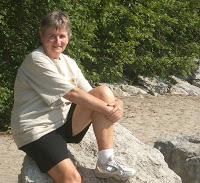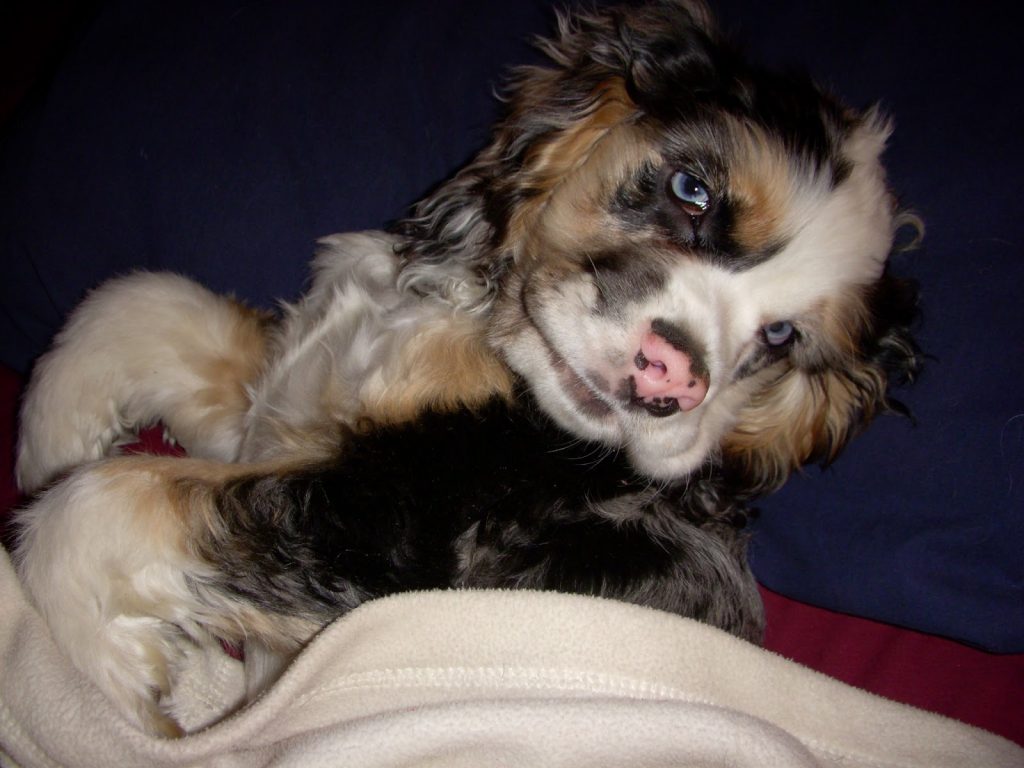I grew up in the dark. Quite literally. And yes, here we go again, back to the England of World War Two. (Pause for communal groan.) Born in 1942, I was three when the war ended and, along with it, the blackout regulations. So for the first three years of my life I truly had no experience, nor even concept, of artificial lights shining through the darkness outside. Every window of every single building, no matter it’s use, had to be completely covered in thick, black, material. If the tiniest chink of light showed through, one of the blackout wardens who roamed the dark streets would very shortly be banging on the door. For many people it was almost impossible to go through this entire process every evening as darkness began to descend, so they simply didn’t bother. Their windows remained covered, 24/7 as we’d say these days, for the duration of the war. I certainly don’t remember any of our upstairs windows ever being uncovered, though we had one window in the living-room which my dad relieved of it’s burden every morning before he left for work.
Equally needing to save their energy for all the other things demanded of them, shopkeepers often failed to remove much of the blackout covers when they opened their shops in the morning. They frequently had very little to sell anyway, so what did it matter? My very early memories of shopping with my mother provide vague glimpses of standing in line for what seemed to me to be the entire day, frequently – of course – in the rain. Finally gaining access beyond the dark doorway, we were encompassed in a cold gray gloom not much different from that outside. At least it was out of the rain, but as everyone in the crowded room was dripping water down onto the little toddler me, my environment seemed to have changed remarkably little. I would peer about me as my mother did, though I’m sure I had no idea what I was looking for.
“No bread today?” Mum gazed longingly at the rows of empty shelves behind the counter.
The exhausted-looking woman at the till shook her head.
“Just sold the last one Luv, sorry. Out of flour now so God knows when I’ll have more.
And so the dark days days went by.
Because of Dad’s war work we lived fairly close to London at that time, but London was as dark, or probably from necessity even darker, than our nearby town. There was very little civilian traffic at the time, but all vehicles – military or not – was made to have all lights covered or painted black. This made what traffic there was, and the streets and roads themselves, extremely hazardous. In fact, at first more people were dying from traffic accidents than were being killed by the enemy. In the first month of The War alone, there had been 1130 road deaths attributed to the blackout.* The whole of Britain, at that time, was a very, very, dark place.
The War over, we were free to move as needed. My father felt obligated to move us in with his aging parents to help care for them, and so we landed in a remote sheep-farming part of the west of England. All national improvements had been delayed for years by The War, the preceding years of preparation for it, and the recovery from it. Our new home, like all those for many miles around it, had no running water and no gas or electricity. Artificial light came in the form of candles and ancient oil lamps. We had flashlights but batteries were strictly rationed and hard to come by so mostly they were useless. We might as well have remained in the blackout. Inside, the house was cold and dark and silent. Outside after dark there were no lights from neighboring windows to help guide your footsteps, and certainly no street lights. Well, there were no streets, just a quiet winding country road. I fell quite often while scurrying to the little shed at the far end of the garden in the middle of the night, especially if I had waited a little too long and was really having to hurry.
This darkness never bothered me. I loved living there. I don’t remember exactly but I think I was in high-school by the time we got indoor plumbing and electricity. My dad never once as far as I know, deigned to use the new indoor toilet. Neither of them liked the electric lights, which Mum described as “much too harsh and glaring”. She, an avid reader, was quickly seduced, however, by the length of time her tired eyes could pour over a book under this new glaring light versus peering shortsightedly at the pages in the dim gray/yellow light of the oil lamp. I certainly found it much easier to do my homework!
When I went off to Sheffield to college, I couldn’t sleep at first. The curtains of my little dorm room were thin and beige, doing little to keep out the light: light from street lights, light from houses and businesses, light from passing cars and trucks and buses. Of course the hustle and bustle and bright lights of a city still recovering from The War were nothing compared to that of cities today, but I found it overwhelming.
Of course I got used to it; learned to love it. Yet occasionally, still, I long for the silent darkness of my childhood. But I know that’s nothing but nostalgia, which can fool us all. If I were to return to that darkness, I would also be returning to the other, metaphorical, darkness. The darkness of ignorance. The darkness of not even knowing there were homosexuals in this world, and far, far, from the acceptance that I was one of them. No thanks, I’ll stay here in that “harsh and glaring” light and be grateful for it.
*https://www.theguardian.com/lifeandstyle/2009/nov/01/blackout-britain-wartime
© November 2017
About the Author
I was born and raised in England. After graduation from college there, I moved to the U.S. and, having discovered Colorado, never left. I have lived in the Denver-Boulder area since 1965, working for 30 years at IBM. I married, raised four stepchildren, then got divorced after finally, in my forties, accepting myself as a lesbian. I have been with my wonderful partner Betsy for thirty years. We have been married since 2013.



